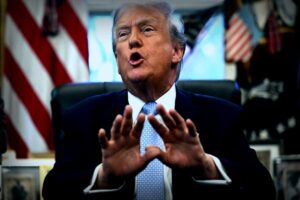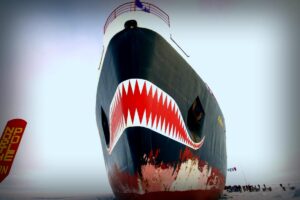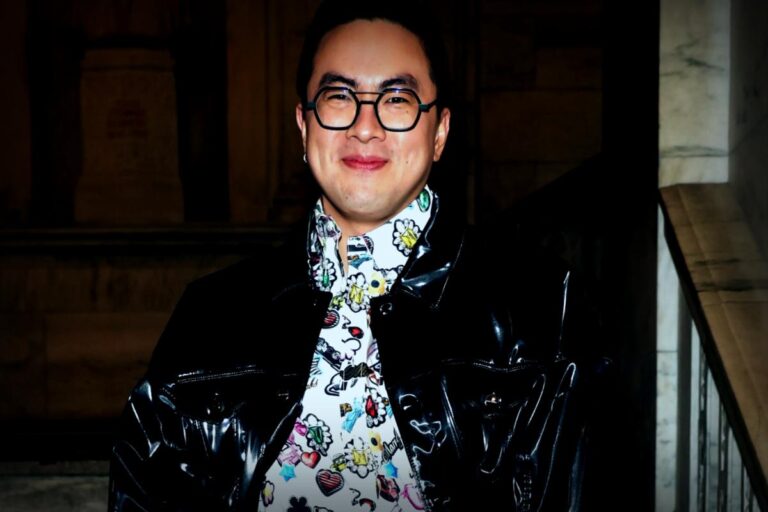The suspected suicide of Roman Starovoit, a high-ranking Russian official, raises serious concerns among the political elite in Russia amid a fierce anti-corruption push that seems to modify the fundamentals of the regime.
This month has seen the tragic end of Starovoit, who served as the governor of the Kursk region for five years. His lifeless body was found in a Moscow suburb, coinciding with an investigation into allegations of corruption related to fortifications built along the Ukrainian border. Many have speculated that Starovoit may have considered ending his own life better than facing arrest and shame.
This incident marks a drastic shift in the power dynamics within the Kremlin. Just years ago, governors embroiled in major corruption scandals could easily flee the country and escape the consequences. The familiar routes for troubled officials—like resignations or quiet emigrations—are quickly vanishing, as officials are realizing that with the expanding list of serious offenses deemed a threat to state security, any hint of corruption can lead to dire outcomes.
According to Tatiana Stanovaya, head of the R.Politik think tank, “We’re observing a new aspect emerging in the Russian regime since the onset of the war. It’s almost as if there’s this gray area of accountability—the government will inexorably punish anyone whose actions seem to jeopardize state security.”
In just the last year, investigations against five former regional heads have taken place—something unprecedented in recent Russian history, where high-ranking officials often faced mere slaps on the wrist. Many lower-tier officials also find themselves caught in a broad crackdown on graft.
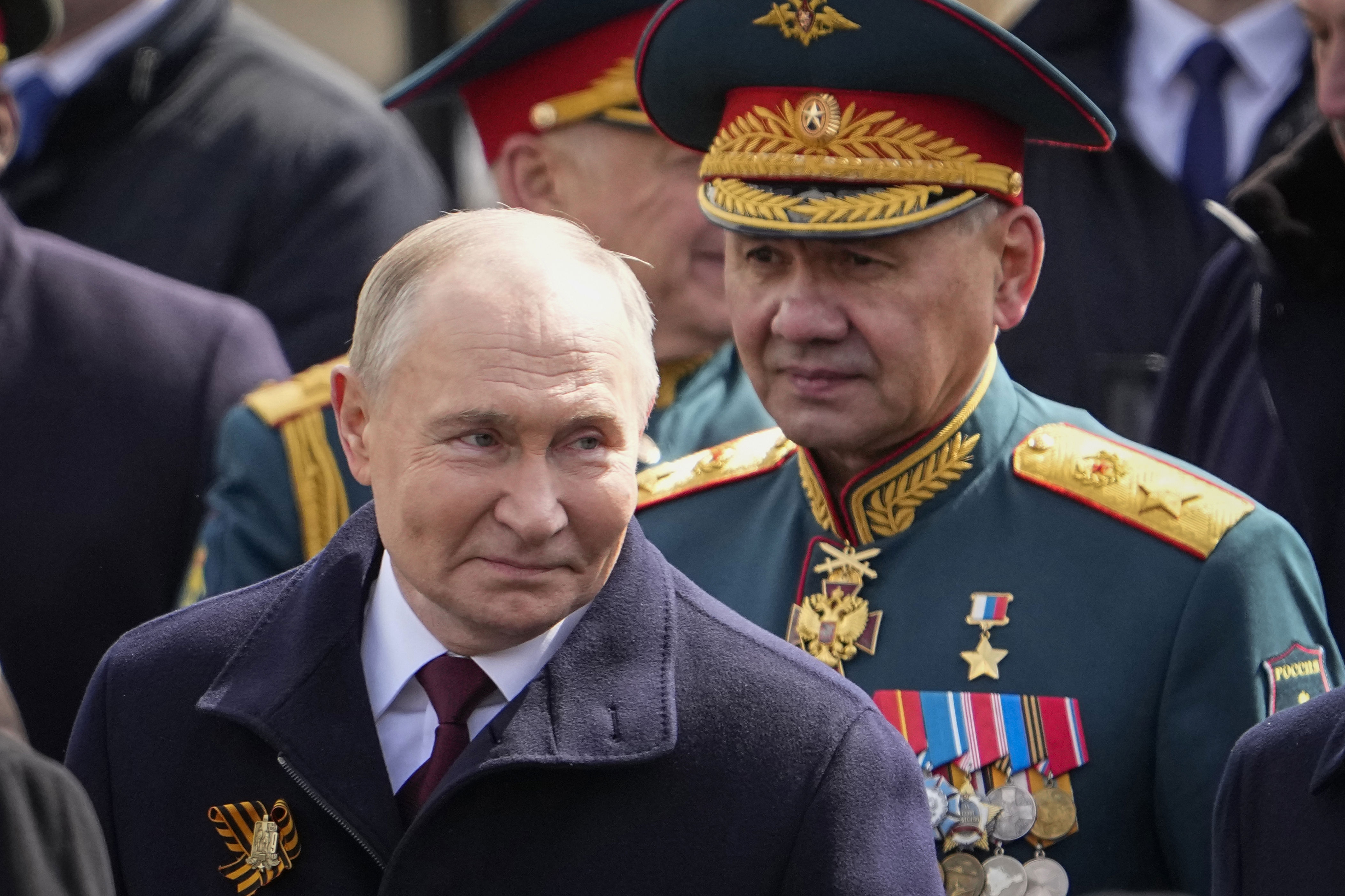
Traditionally, Russia’s culture has been opaque, dominated by a network of loyalty that allowed corruption to thrive. Putin has rarely meddled in anti-corruption actions, typically leaving this to law enforcement and the judiciary instead of getting directly involved.
Before the conflict in Ukraine escalated, high officials were largely immune to repercussions for corruption. The prominent cases of Anatoly Serdyukov and Alexei Ulyukayev are notable; while Serdyukov evaded substantial consequences for almost facing jail in 2013, Ulyukayev did time after being entangled in a bribery scandal, despite claiming he was framed.
Now, with the war’s escalation, the stakes have undeniably risen, leading to an uptick in arrests of officials—notably among the inner circle of former defense minister Sergei Shoigu following battlefield failures. Shoigu moved aside for technocrat Andrei Belousov into less influential duties, while his deputy, Timur Ivanov, recently received a 13-year prison sentence for financial crimes.
Moreover, significant arrests have included high-ranking military officials like Lt. Gen. Yuri Kuznetsov and Lt. Gen. Vadim Shamarin, who faced bribery charges and significant cache of embezzled funds.
Starovoit’s tragic end serves as a critical signal for elites, even if this instance feels particularly isolated, as noted by analyst Alexander Baunov. Just hours before his death, Putin had officially removed Starovoit from his role as transportation minister, a position he had taken on after leaving Kursk.
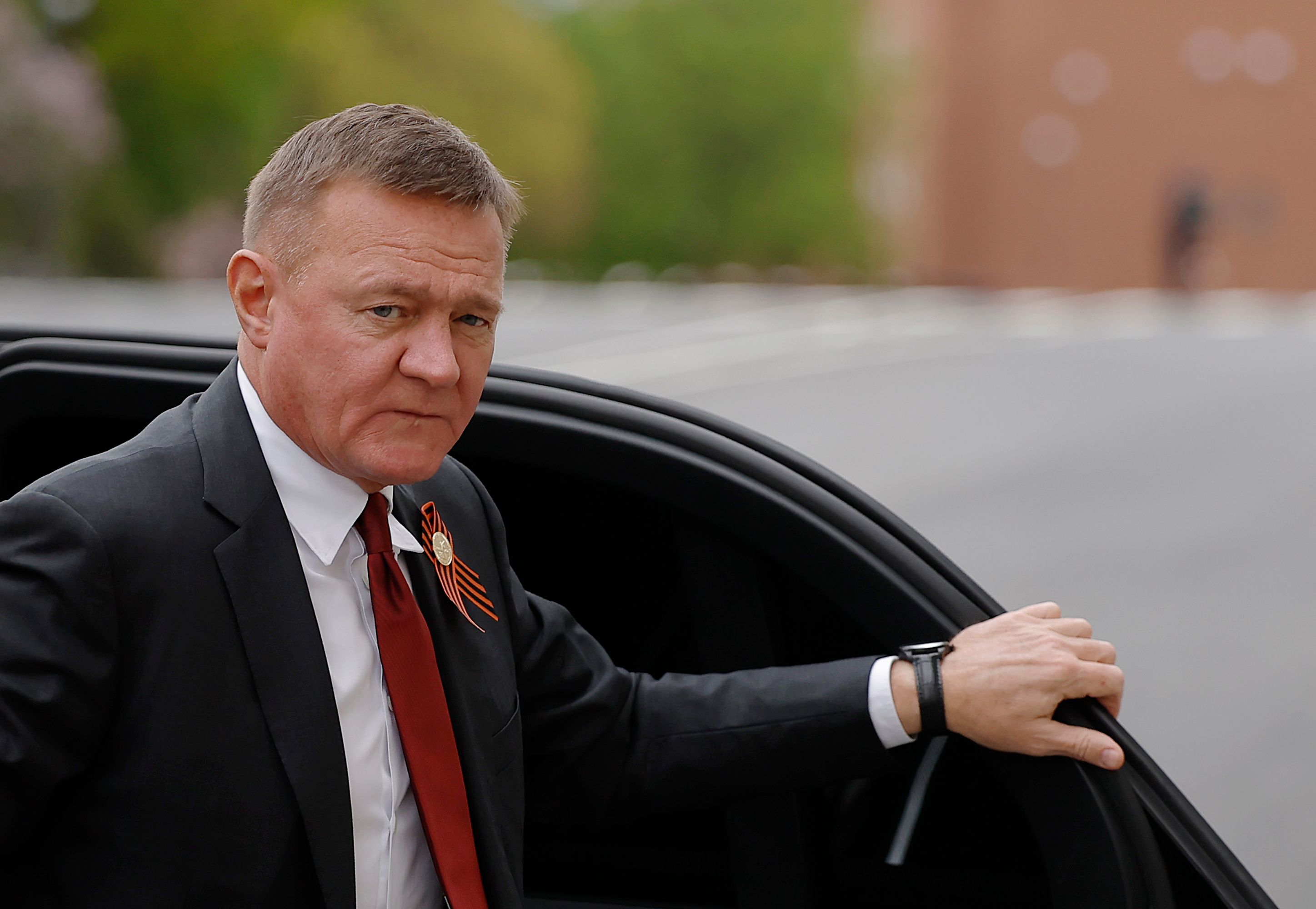
During his governor tenure through the Ukraine conflict, Starovoit collaborated with governors of neighboring regions to establish fortifications aimed at thwarting Ukrainian incursions—an operation tainted with allegations of corruption, including a $13 million embezzlement scandal linked to poorly constructed defenses.
Starovoit’s successor, Alexei Smirnov, also faced legal trouble and was arrested merely months after stepping into the role.
The mysteries countdown the exact reasons for Starovoit’s death. Darkly, reports claimed he was found in his Tesla with a registered Glock pistol, a weapon gifted for his service to citizen safety.
The Investigative Committee has signaled suicide as their lead investigation angle; however, some pundits entertain doubts about this theory.
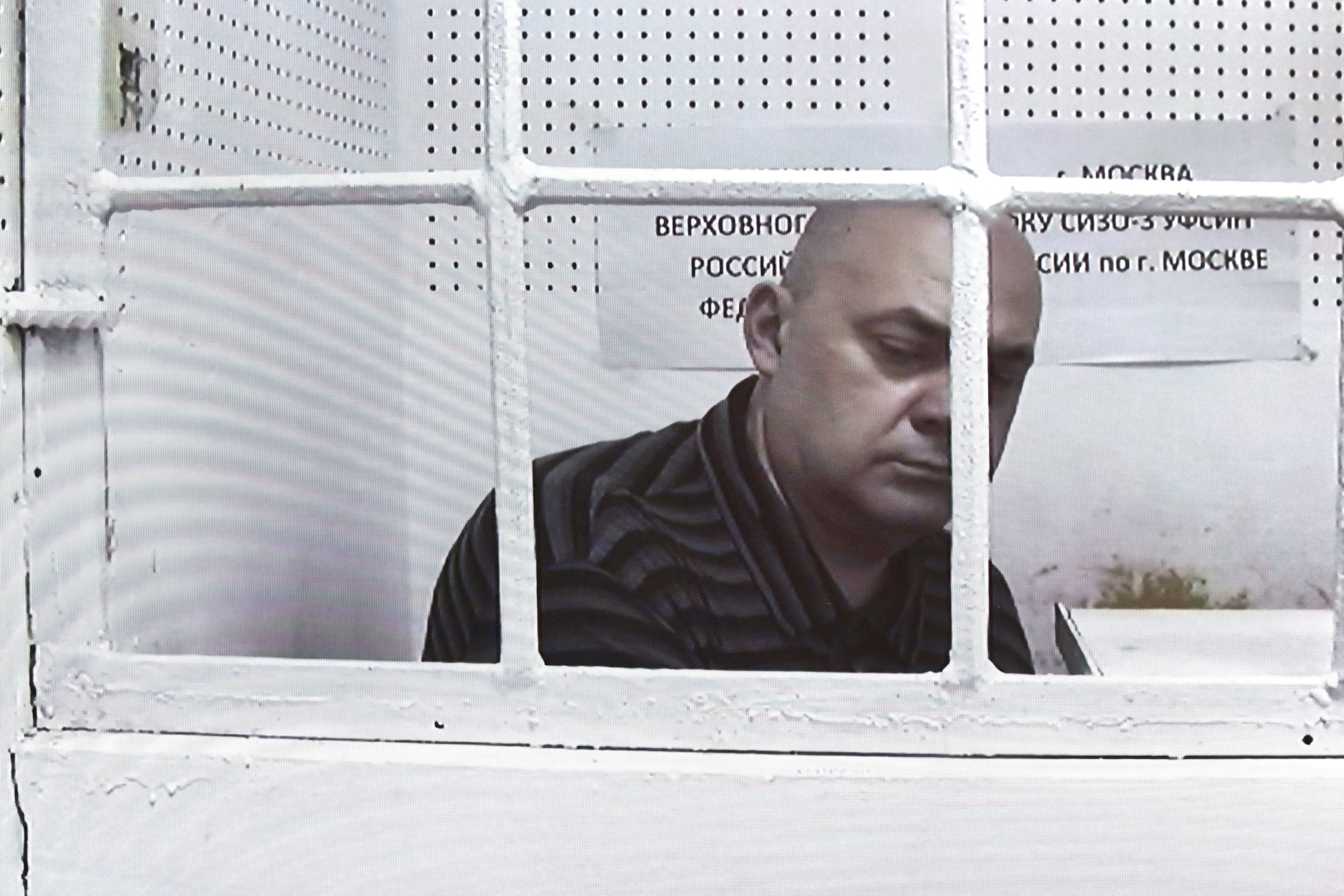
Pro-Kremlin analyst Sergei Markov indicates a belief that Starovoit might have been eliminated by those who were at risk of being implicated by him afterward. His story has evoked comparisons to the fates of officials during Stalin’s Great Purge, who similarly chose death over the threat of shame and imprisonment.
This parallels President Putin’s dismissal of inquiries about echoing the climate of repression seen in 1937 by emphasizing the current conflict, insisting that specific actions detrimental to the nation warrant heightened responses.
Baunov points out that, under Putin’s leadership, a previously established unwritten rule allows treachery to gravitate toward deadly consequences; however, the current environment indicates that those once deemed invulnerable within the high ranks may now find themselves at risk public endpoint. The notion of suicide projected by investigations may instead be boosting gains in realization—encouraging apprehensions layering deeper into the hearts of the ruling powers.
This summer, others from border regions facing accusations have also found themselves subject to arrests. The worrying revelation that multiple officials connected to corruption centers estimated around the reconstruction of essential defensive structures highlights this unsettling new reality.
“Starovoit’s case showcases the growing pressure within a landscape showing no favorable exits,” notes Alexandra Prokopenko, commentators in the Carnegie Russia Eurasia Center. Traditional assurances of senior roles or loyalty glazed with action toward war sufficed less for even momentary graces of immunity now.

